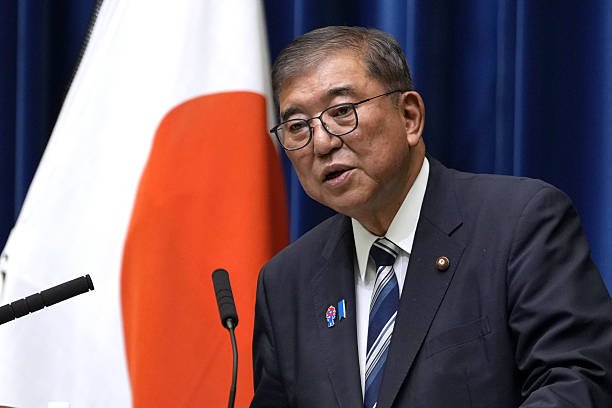In a sudden move, Japan’s Prime Minister, Shigeru Ishiba has announced he is stepping down. This decision comes after his party suffered two major election defeats that shook its long-held control of the government.
The Liberal Democratic Party (LDP), which has ruled Japan for most of the last seventy years, lost its majority in the powerful lower house of parliament. This was the first time this had happened in 15 years. Then, in July, the party also lost its majority in the upper house. These losses created intense pressure on the Prime Minister to resign.
Ishiba stated he had one important job to finish before he could leave: settling a tough trade dispute with the United States. Last week, a deal was finally signed to ease tariffs on Japanese cars and other exports. The Prime Minister called this agreement a resolution to a “national crisis”.
“Now that a conclusion has been reached… I believe this is precisely the appropriate time,” Ishiba said. He will stay in his role until the LDP chooses a new leader, who is expected to become the next Prime Minister.
His time in office, which began in October 2024, was a difficult period for Japan. He promised to tackle rising prices but struggled to manage a weak economy and a painful cost-of-living crisis. The price of rice, a staple food in Japan, doubled in just one year, which caused serious anger among the public.
His government’s popularity fell further due to several controversies. People criticized him for appointing only two women to his cabinet. He also faced scrutiny for handing out expensive gifts to members of his party.
Now, Japan faces a period of political uncertainty. The world’s fourth-largest economy must choose a new leader at a time of rising regional tensions and economic challenges. The coming leadership vote will determine the country’s next direction.




















